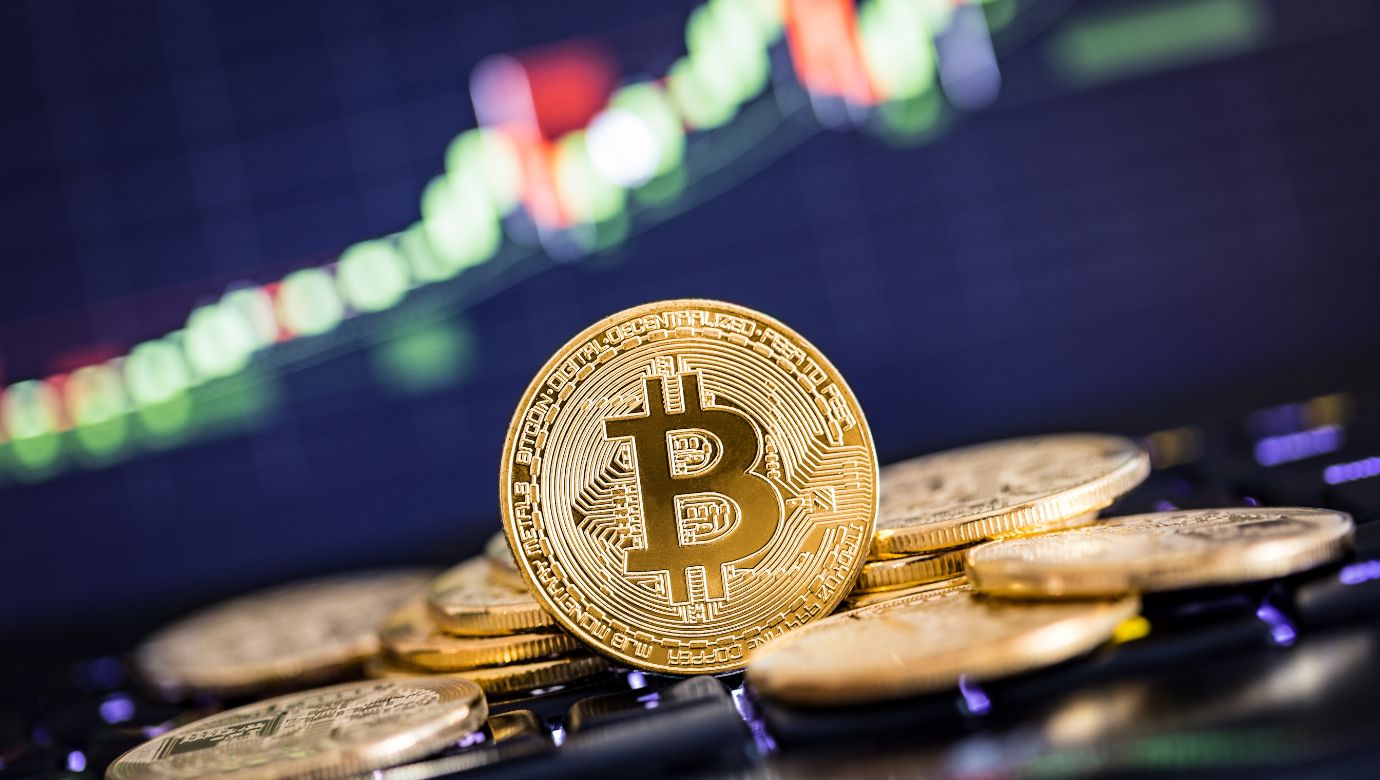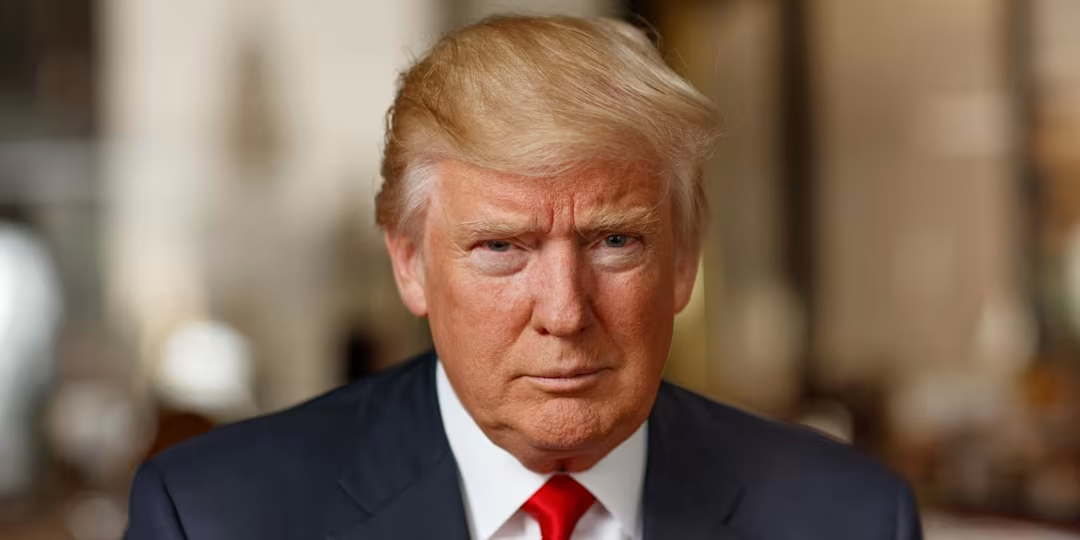
Amazon couldn’t keep its acquisition of robot vacuum maker iRobot clean enough for European Union regulators.
On Monday, Amazon and iRobot, best known for making the Roomba, announced they were aborting their proposed $1.7 billion merger because there was “no path to regulatory approval in the European Union,” the two companies said in a joint statement.
They made no secret of their frustrations at seeing the acquisition scuppered, saying they were “disappointed” by the outcome. Amazon added that by blocking the deal the EU would make it harder for a smaller company like iRobot to create new products and sell them at lower prices.
“Mergers and acquisitions like this help companies like iRobot better compete in the global marketplace, particularly against companies, and from countries, that aren’t subject to the same regulatory requirements in fast-moving technology segments like robotics,” Amazon senior vice president and general counsel David Zapolsky said in a press release. “Undue and disproportionate regulatory hurdles discourage entrepreneurs, who should be able to see acquisition as one path to success, and that hurts both consumers and competition—the very things that regulators say they’re trying to protect.”
Amazon will pay iRobot a $94 million termination fee as a result of the deal’s collapse, according to the Wall Street Journal. iRobot also announced it would lay off about 31% of its employees.
The EU cracks down on U.S. Big Tech
This isn’t Amazon or U.S. Big Tech’s first run-in with European regulators—in recent years the continent has taken a more active approach in curtailing the expansion of the industry’s most dominant companies.
Many of the industry’s major players—such as Apple, Google, and Amazon—have come under scrutiny from top competition watchdog Margrethe Vestager for the outsize influence they wield in online marketplaces and the digital advertising business.
To go along with its newly exacting approach to individual companies, the EU also passed two sweeping pieces of legislation last year that were among the most robust in curbing tech’s influence. The Digital Services Act, meant to rein in the influence of powerful tech companies, gave Amazon a special designation of “very large online platform” that imposed added restrictions on which type of data it could use to target digital advertising. Along with the DSA came the Digital Markets Act, which governs online marketplaces, and which designated Amazon a “gatekeeper” and banned it from giving its own services preferential treatment when recommending products.
An Amazon spokesperson told Fortune the DSA was meant to regulate large digital advertisers, while the majority of the company’s revenue came from online retail sales. The person also said that Amazon is not the largest retailer in any of the countries in which it operates, and said those unnamed retailers weren’t added to the list. Regarding the DMA, the spokesperson said Amazon will “continue to work constructively with the European Commission as we finalize our implementation plans.”
A deal that seemed unlikely from the start
Amazon’s proposed iRobot acquisition was in danger from the outset, with EU formally launching an investigation in July. EU regulators expressed worries that after acquiring iRobot, Amazon might use its position as an online marketplace to harm other third-party sellers of remote vacuums that compete with the Roomba. It was also concerned that Amazon might unfairly restrict access for competitors to the Amazon Alexa interface that can be used to control a Roomba by issuing voice commands.
By the end of November, the EU had formally notified Amazon of its investigation’s findings. At the time, the European Commission communicated to Amazon that it would make a formal decision by Feb. 14, although that deadline is now moot, with the two companies voluntarily ending the agreement.
Most of the EC’s crackdown on Big Tech is spearheaded by Vestager, the European commissioner for competition. In 2022, Vestager’s office reached a settlement with Amazon that forced the company to make changes to its business after previously allowing it to operate as both a seller and a marketplace, giving it an unfair advantage over other vendors on the site, according to regulators. Of particular concern at the time was use of non-public data collected from sellers using the platform that Amazon then used to gain a leg up on these merchants. As a result of the settlement Amazon avoided having to pay a fine.
In the past several years, Vestager and the EC have levied huge fines against tech’s biggest players. Google parent Alphabet was hit with a total of $9 billion in fines since 2017, including a single fine of about $5 billion, its largest ever penalty. The EC also scrutinized Facebook and WhatsApp owner Meta, for its role in facilitating online sales, arguing that tying access to its classified section Facebook Marketplace to a Facebook account, while also offering unfavorable digital ad rates to competitors,violated antitrust law. Meanwhile, Apple overhauled its App Store to comply with new EU regulations that would have otherwise risked seeing it banned from the continent entirely.
Earlier this month Vestager came to the U.S. to visit several tech companies, including Alphabet and Apple.












